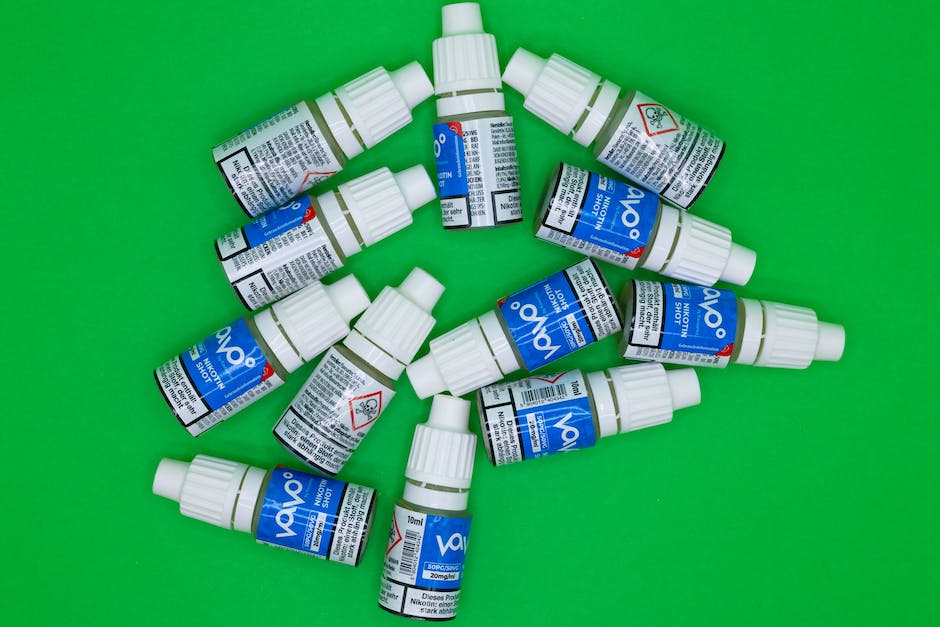-
Índice Liberdade e Vida Clínica de Recuperação
Exploring the Benefits of Medication-Assisted Treatment in Addiction Recovery
Medication-assisted treatment (MAT) is an evidence-based approach to addiction recovery that combines the use of medications with counseling and behavioral therapies. MAT has been proven to be an effective tool in helping individuals overcome substance use disorders and maintain long-term sobriety. This article will explore the benefits of MAT and how it can be used to support individuals in their recovery journey.
MAT is a comprehensive approach to addiction treatment that involves the use of medications to reduce cravings and withdrawal symptoms, as well as counseling and behavioral therapies to address underlying issues that may have contributed to the development of the addiction. The medications used in MAT are FDA-approved and have been proven to be safe and effective in treating substance use disorders. These medications work by blocking the effects of the abused substance, reducing cravings, and helping to prevent relapse.
One of the primary benefits of MAT is that it can help individuals achieve and maintain long-term sobriety. Studies have shown that individuals who receive MAT are more likely to remain abstinent from their substance of choice than those who do not receive MAT. Additionally, MAT can help individuals reduce their risk of overdose and other health complications associated with substance use.
MAT can also help individuals address the underlying issues that may have contributed to their addiction. Counseling and behavioral therapies can help individuals identify and address the root causes of their addiction, such as mental health issues, trauma, and stress. These therapies can also help individuals develop healthy coping skills and strategies to manage cravings and prevent relapse.
Finally, MAT can help individuals build a strong support system. MAT programs often involve family members and other loved ones in the recovery process, which can help individuals build a strong network of support to help them stay on track with their recovery goals.
In conclusion, MAT is an evidence-based approach to addiction recovery that can help individuals
How to Measure Progress in Addiction Recovery: Tips from a Clinical Recovery Center
Addiction recovery is a long and difficult process, and it is important to measure progress along the way. At a clinical recovery center, there are several ways to measure progress in addiction recovery.
1. Self-Assessment: Self-assessment is an important tool for measuring progress in addiction recovery. It involves taking an honest look at one’s own behavior and attitudes and assessing how they have changed over time. This can be done through journaling, talking to a therapist, or simply reflecting on one’s own experiences.
2. Clinical Assessments: Clinical assessments are another way to measure progress in addiction recovery. These assessments involve a trained professional evaluating a person’s progress in recovery. This can include a physical exam, psychological testing, and other assessments to determine how far a person has come in their recovery.
3. Goal Setting: Goal setting is an important part of measuring progress in addiction recovery. Setting realistic goals and tracking progress towards them can help a person stay motivated and on track.
4. Support System: Having a strong support system is essential for measuring progress in addiction recovery. This includes family, friends, and other people in recovery who can provide encouragement and accountability.
5. Relapse Prevention: Relapse prevention is an important part of measuring progress in addiction recovery. This involves identifying triggers and developing strategies to avoid them. It also involves learning how to cope with cravings and other difficult emotions.
These are just a few of the ways to measure progress in addiction recovery at a clinical recovery center. By taking an honest look at one’s own behavior, setting realistic goals, and having a strong support system, a person can make progress in their recovery and stay on track.






